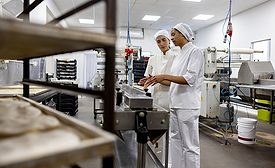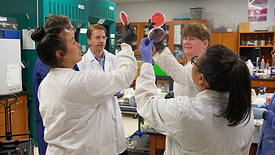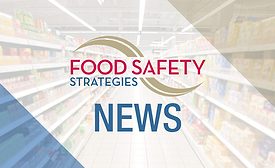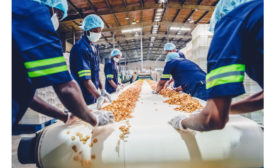Home » Keywords: » education and training
Items Tagged with 'education and training'
ARTICLES
Coronavirus
How processors are adapting training during the coronavirus pandemic
Preparing for sick workers, hiring new employees makes training critical
April 1, 2020
Comprehensive training is key to food safety efforts
By offering workers training and coaching, processors can ensure food safety goals are met
December 18, 2017
Never miss the latest news and trends driving the food safety industry
eNewsletter | Website | eMagazine
JOIN TODAY!Copyright ©2025. All Rights Reserved BNP Media.
Design, CMS, Hosting & Web Development :: ePublishing









